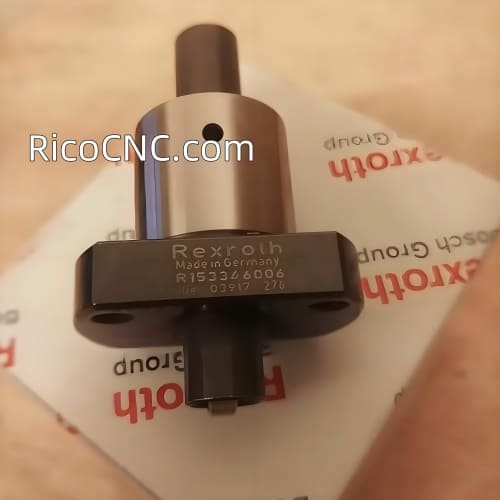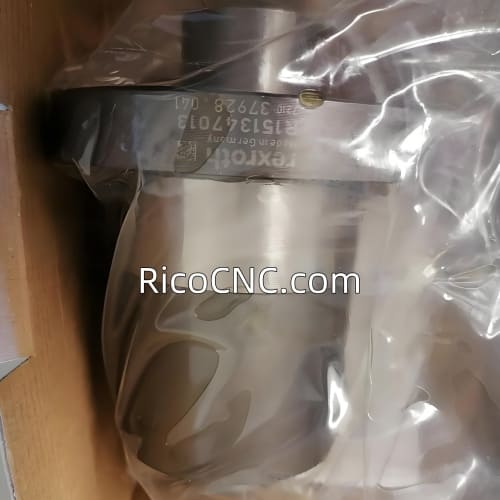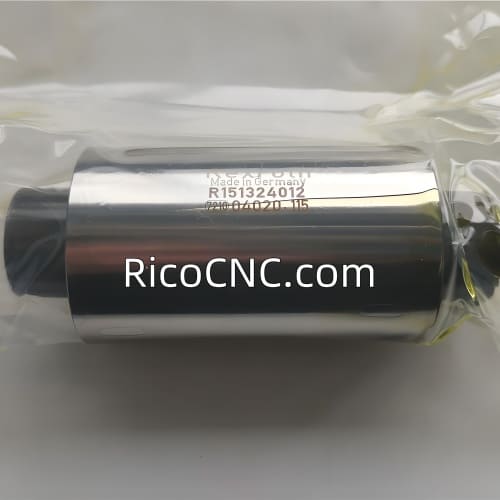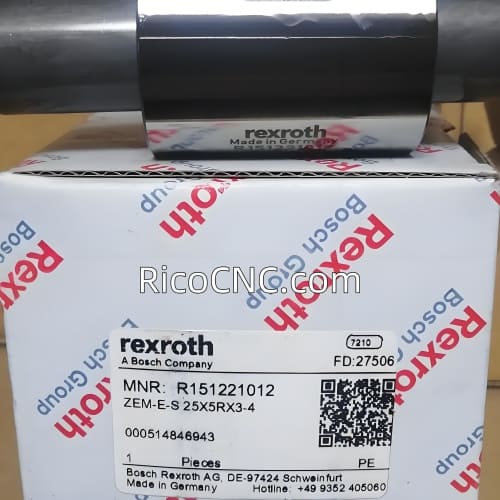

A ball screw consists of a threaded screw shaft and a matching nut containing numerous recirculating ball bearings. As the screw or nut rotates, these hardened steel balls roll along the helical tracks, effectively reducing friction and providing exceptionally efficient mechanical conversion.
Why choose ball screws over other linear motion systems or lead screws?
High Efficiency: Rolling ball contact drastically reduces friction, lowering energy consumption and enabling rapid, accurate movements in automated machinery.
Precision and Repeatability: Manufactured to tight tolerances, ball screws deliver micron-level positional accuracy, essential for CNC machines, robotics, and semiconductor wafer handling.
Long Service Life: With proper lubrication and sealing, ball screws can achieve extremely long operating lives, reducing maintenance costs and downtime.
High Load Capacity: The ball bearings distribute axial loads evenly, allowing for higher load ratings compared to similarly sized acme or lead screws.
Backlash Minimization: Preloaded ball nuts and anti-backlash designs enhance system stiffness and positioning stability.
Ball screws are made of various materials, like chrome steel, carbon steel, stainless steel, and tungsten carbide. The material used determines the strength, durability, and resistance to wear and tear. However, regardless of the material used, ball screws are susceptible to damage caused by factors such as friction, contamination, and overloading.

Different Material has different damage features?
Chrome Steel
Chrome steel ball screws are highly durable and resistant to wear and tear. They are commonly used in industrial machinery and equipment. However, they may be susceptible to damage caused by overloading, which can cause the shaft to bend or snap.
Carbon Steel
Carbon steel ball screws are less expensive than stainless steel ball screws and can handle high loads. However, they are prone to corrosion and wear, which can be exacerbated by contamination.
Stainless Steel
Stainless steel ball screws are highly resistant to corrosion and wear, making them ideal for harsh environments. However, they may be susceptible to damage caused by overloading, as excessive loads can cause plastic deformation and bending of the shaft.
Tungsten Carbide
Tungsten carbide ball screws are known for their high strength and resistance to wear and tear. They are often used in applications that require high precision and accuracy. However, they may be susceptible to damage caused by contamination, which can cause pitting and corrosion.

How can we consider the ball screw assemble?
When evaluating ball screw assemblies, we need consider several factors to ensure optimal performance and longevity. The important factors include:
Operating environment, including temperature, humidity, and exposure to contaminants
Desired lifespan and maintenance intervals
Required torque and output force
Backlash (axial play) and positional accuracy requirements
Contamination resistance and lubrication needs
Industries such as aerospace, semiconductor manufacturing, medical device engineering, automotive, electronic assembly, and precision manufacturing rely on ball screws for their unmatched combination of efficiency, load capacity, and positioning repeatability.
RicoCNC can supply a wide of ball screw nut. like R151304012 R151204012 Rexroth ball screw nut, R151201022/R151301022 Bosch Rexroth Ball Screw Nut, R150264086/R150364086 Bosch Rexroth Ball Screw Nut. welcome your inquiry















